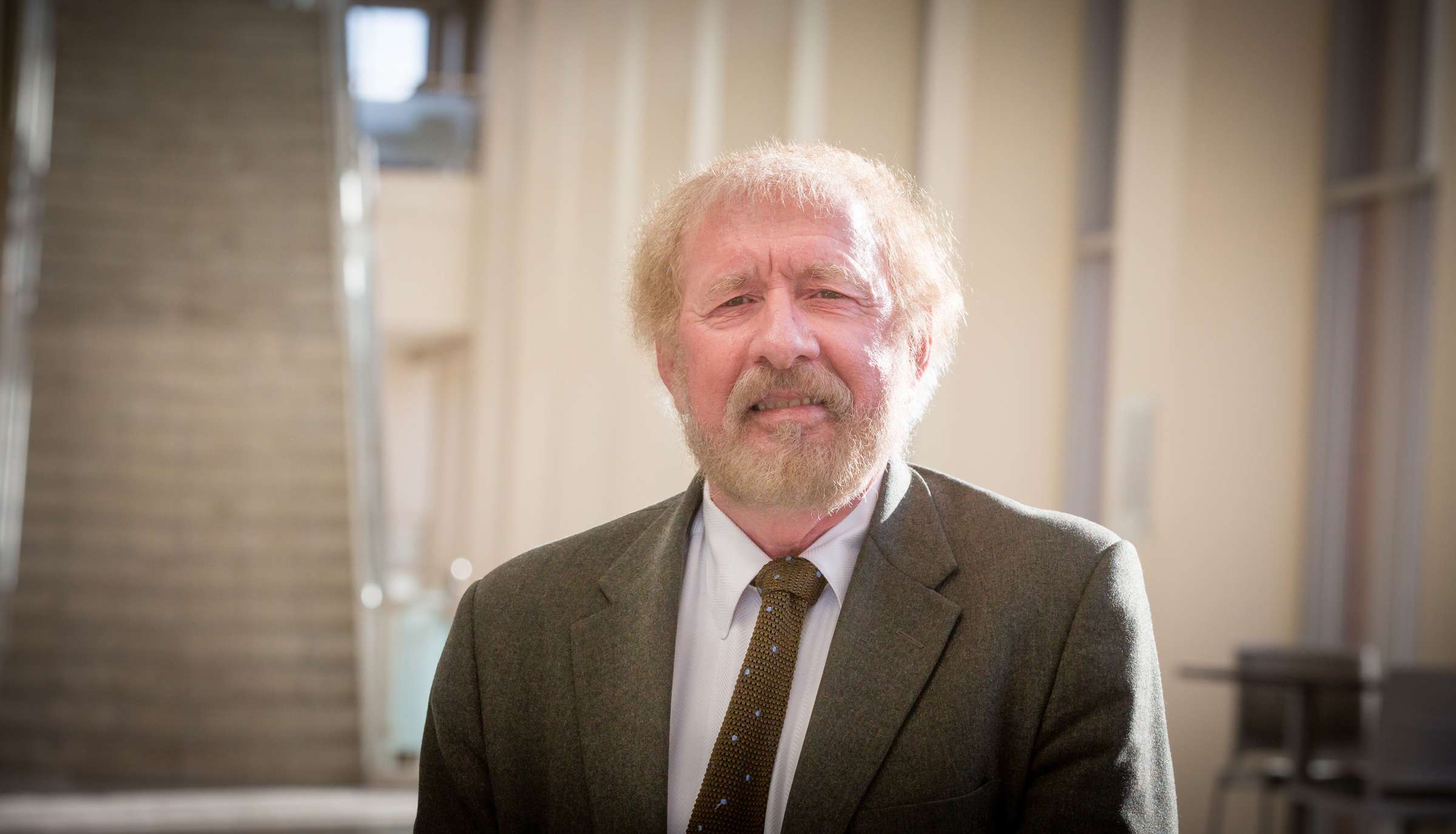
NICK GOSNELL
Hutch Post
HUTCHINSON, Kan. — Creighton University economist Ernie Goss saw the latest inflation numbers as further evidence that the Federal Reserve will continue to try to apply the brakes to the American economy.
"The inflation rate is declining, but not as fast as we expected," Goss said. "With the Federal Reserve raising rates fairly dramatically and likely to continue that on November 2, I expected inflation rates to come down even faster."
The increase in short term interest rates will be relatively large again this next time, most likely.
"The governors that do the rate increase, those governors tell us that they are going to be raising rates more dramatically than I think is appropriate," Goss said. "November 2, we're likely to see a 75 basis point, that's three-quarters of one percentage point rate increase then and probably another one in December. It may not be a 75 basis point increase in December, but, nonetheless, we're talking about the prime interest rate will go up by three quarters of a percent on November 3 and probably again in December."
This does not necessarily mean long term rates will go up, though they have been rising, too.
"The Fed sets short term rates, not long term rates," Goss said. "They do influence them, there's no doubt. They probably are headed higher, even if the Fed pulls back or stops raising. What's happening on the long term interest rates, the Federal Reserve is actually selling off and allowing some of their bonds to mature. Long term interest rates are rising for a different set of policies by the Federal Reserve and also the market investors."
Freddie Mac reported last week the 30-year fixed-rate mortgage reaching its highest level since April of 2002. Goss sees a longer-term policy change potentially on the horizon for the Fed.
"The Fed is going to change their target, I believe," Goss said. "Their target is two percent on the inflation front. They are likely to raise that a bit, from two to two and a half, maybe as high as three percent on the inflation front. In my judgment, that would be a good thing. We need to accept a bit more inflation."
Some economists believe a slowly increasing price level keeps businesses profitable and prevents consumers from waiting for lower prices before making purchases.





